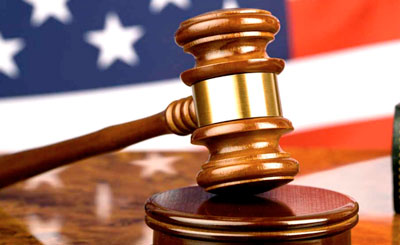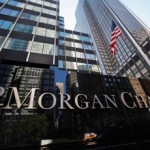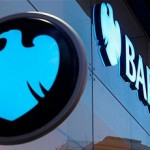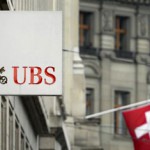US scrutiny of Barclays and UBS widens forex trading probe

The US Department of Justice is scrutinising currency-linked investments marketed by Barclays and UBS in an indication that the sprawling global probe into the foreign exchange market may become more troubling for banks.
The DoJ is examining whether the two banks sold so-called structured products without disclosing the profit they were making from currency trades used to generate the products’ returns, said people familiar with the investigation. These products were sold to sophisticated investors, including several Swiss hedge funds.
In addition to its probe of Barclays’ and UBS’s sales, the agency is investigating other banks over allegations of inadequate profit disclosure to clients and counterparties involved in currency deals, the people said.
This represents a significant broadening of the DoJ’s investigation, which banks had believed was confined to whether rigging of the $5.3tn-a-day global forex market took place.
UBS paid $799m to US, UK and Swiss authorities in November as part of a groundbreaking deal with five other banks to settle allegations that they did not have sufficient controls in place to prevent traders trying to rig forex dealing.
The DoJ, however, was not one of the agencies involved in that deal and is still investigating Barclays, UBS and other banks, as well as individuals. UBS faces the possibility of being the first bank to be fined by the DoJ as a result of its probe — although a resolution may not come until April, people close to the situation told the Financial Times.
Barclays did not take part in the earlier settlement either, because of uncertainty around action by another US agency, the New York Department of Financial Services.
News of the DoJ’s extension of its investigation to structured products could have a wider impact on banks’ business practices. The agency has been examining more general alleged misconduct in banks’ dealings with clients.
If wrongdoing, or even criminality, is proven it could force greater disclosure from banks for even their most sophisticated clients and counterparties for a wide range of financial products, experts have warned.
While it has been known for some months that the DoJ is planning to seek penalties from banks for undisclosed fees, or mark-ups, that sales staff charged to clients, no concrete strand of this part of its investigation has emerged until now.
Some companies have questioned whether failing to make full disclosures to sophisticated investors should be penalised, arguing that it might signal DoJ over-reach, said some of the people familiar with the case.
The structured products from Barclays and UBS under investigation are both based on the so-called carry trade, whereby an investor sells in a low-yielding currency and buys in a higher one.
UBS’s V10 enhanced FX carry strategy offered an added facility for investors to switch their positions if currency markets became volatile. The DoJ is interested in whether UBS profited from switching the position, said people familiar with the situation, and whether any profits were disclosed to clients.
Marketing material for UBS’s product states that its strategy is a “systematic and fully transparent investment process”. Barclays’ “optimised currency carry strategy” is a similar product.
The DoJ, UBS and Barclays declined to comment.
Source: FT – US scrutiny of Barclays and UBS widens forex trading probe
Related Posts
 Bank parents or main units seen pleading guilty over FX: sources
Bank parents or main units seen pleading guilty over FX: sources U.S. SEC a stumbling block in banks’ forex guilty pleas – sources
U.S. SEC a stumbling block in banks’ forex guilty pleas – sources Swiss Investigate Seven Banks Over Precious Metals Market Trading
Swiss Investigate Seven Banks Over Precious Metals Market Trading Legal troubles continue to brew despite FX settlement
Legal troubles continue to brew despite FX settlement Citigroup, Barclays Close to Settling Forex Lawsuit With Private Investors
Citigroup, Barclays Close to Settling Forex Lawsuit With Private Investors
























